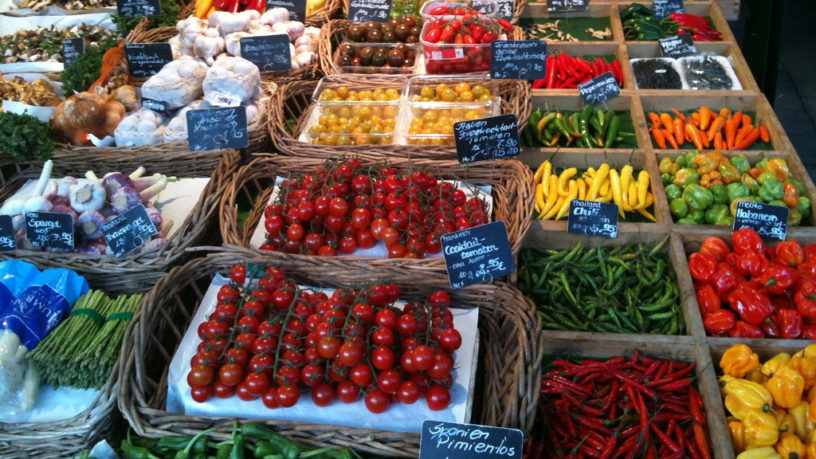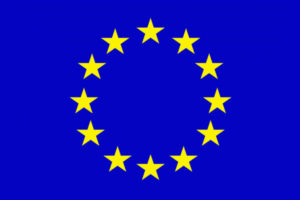In one of the first posts, I shared a family story of our daughter. Our daughter’s metabolism was disturbed by a chemical compound that caused an allergic reaction. The medicine prescribed later by the family doctor meant to alleviate the symptoms caused repeated seizures. The cure of epilepsy might ruin her health even more. In both cases, the medicine was able to change the symptoms but did not tackle the causes.
The disagreement of experts
But the main drama took place on decision level. On the one hand, we made many assumptions that were not true, on the other hand, the doctors supposed experts in their discipline, immensely differed in their approaches. In our case, two doctors overvalued their knowledge. One was sensitive to my suffering and two more proposed sensible solutions.
What we were personally exposed to – the disagreement of experts – is exactly the main problem of our times in a broader context as well. Whatever questions we ask, we will always find top world experts who disagree. We incline to believe those who are more exposed in the media. But media depend on advertisers, so they favour the opinions of their clients and their experts. The same seems true about economic, political, cultural problems.
Taking responsibility
After reading the post, our first reaction to events like the illness of my daughter might be to blame the large pharmaceutical, food and energy corporations for making our life so risky by exposing us to different toxins. But I slightly changed the perspective when I read a confession of an organic farmer[1]:
Farmers don’t want to spray. It costs money, and it takes time. They would rather put up with a little black spot or a few aphids and spray less often, but consumers won’t let them.
Yes, I remember myself recently in a store choosing spotless lemons. I would have never thought of myself as a supporter of chemical crop protection industry. But evidently, I am. My seemingly unimportant act of choosing lemons shapes the market when multiplied by millions of consumers. So knowledge of how to make such choices should help us to change the market. But the task is not as easy as it seems. I will give one example.
I started to refer to most recent knowledge about what is healthy and what is not. However, on one web site I read that peanuts are one of the few natural foods that contain glutathione[2] an antioxidant beneficial for our health, on another site [3] I read that peanuts are an unhealthy source of Omega -6 fats. However, if you have more time, you will find more source of information [4]. In this post I will not give any direct advice on what to eat or not to eat, there are volumes on that[5]. I would like to propose, instead, strategies that may help you in dealing with the choices helping you to shape the level three happiness lifestyle. But in the next post I would like to introduce you to the modern mythology, which may make you realize what kind of dangers you are facing. Before, you can test if you are a victim of the myths by completing Lifestyle Appraisal Questionnaire
| PREVIOUS | NEXT | ||
| Short course of economics |
[1] This quote comes from a very interesting book by Cindy Burke (2007). To buy or not to buy organic. What you need to know to choose the healthiest, safest, most earth-friendly food. New York: Marlowe & Company. p. 29
[2] http://www.ncbi.nlm.nih.gov/pubmed/17989913
[3] http://kimberlysnyder.com/blog/2012/10/25/peanuts-health-food-or-hazardous-to-your-health/
[4] https://authoritynutrition.com/is-peanut-butter-bad-for-you/
[5] A review of research about the impact of eating on our health can be found in a book by John Robbins (2011). The food revolution: How our diet can help save your life and our world, 10th Anniversary Edition. San Francisco CA: Conari Press.








 The participation in this project is free because it is financed by a grant of the European Union -
The participation in this project is free because it is financed by a grant of the European Union - 